20+ Years Experience
Specialist Education Providers

In this blog post, we’ll explore the numerous benefits of inclusive play for children and families and provide tips for creating inclusive play environments that promote social equity, understanding, and a sense of belonging in our communities.
Inclusive play refers to play environments that accommodate children of all abilities, promoting equal opportunities for fun, engagement, and development.
Traditional playgrounds, while accessible to some extent, can still be improved upon to make them even more inclusive of all disabled and non-disabled children.
The importance of inclusive playgrounds lies in their ability to provide a sense of community and an opportunity for everyone to engage in play, regardless of gender, age, and ability.
Embracing differences and encouraging inclusion in playgrounds paves the way for all children to play together, learn from each other, and grow in inclusive spaces. Inclusive play environments foster:
Inclusive playgrounds offer a wide range of play experiences, from sensory play opportunities to accessible play equipment, ensuring that every child can find an enjoyable and engaging activity.
The inclusive design not only benefits children with disabilities but also enriches the play experiences of children without disabilities, as they learn to appreciate diversity and develop a greater understanding of different abilities.
Inclusive play’s importance lies in its ability to:
Inclusive playgrounds are designed to provide accessible equipment, sensory play opportunities, and encourage social interaction among children of various abilities.
These playgrounds go beyond accessibility and embrace inclusion, creating play environments that are welcoming and engaging for children of all abilities, encouraging equal opportunities for fun, engagement, and development.
The amazing benefits of inclusive playgrounds include fostering a sense of community, promoting children’s growth, and giving everyone a sense of belonging.
By prioritising inclusion, all kids and families, including those with disabilities, can reap the rewards of a more inclusive playground and a welcoming play atmosphere.
Inclusive playgrounds encourage a wide range of play behaviours, from functional play to interactive and individual play, making them vibrant and unique spaces for children to explore, learn, and have fun.
Offering accessible playground equipment is key to ensuring that children with disabilities can participate in play activities alongside their peers.
This equipment is designed to accommodate the needs of children playing with a diverse range of disabilities, allowing them to enjoy the playground to the fullest.
Types of accessible playground equipment designed for inclusive playgrounds include:
By offering a wide range of accessible equipment, inclusive playgrounds cater to the needs of all children, regardless of their abilities.
Accessible playground equipment not only provides an opportunity for children with disabilities to participate in play activities but also offers multisensory experiences that can be beneficial for their development.
Different children may require different sensory inputs or frequencies, so having a variety of stimulating equipment will ensure everyone can find the perfect way to engage in play.
Inclusive playgrounds that prioritise accessibility foster an environment where children with disabilities can be themselves, have fun with their friends, and engage in active play.
These playgrounds, by offering a varied range of accessible equipment, create a space where all children can play, learn, and grow together.
Sensory play is an essential component of inclusive playgrounds, as it engages all of the senses and caters to children with sensory processing disorders. Sensory play opportunities in inclusive playgrounds include:
These sensory play opportunities not only benefit children with sensory processing disorders but also promote development for all children, regardless of their abilities.
Inclusive playgrounds can offer a variety of sensory play opportunities, such as:
Incorporating elements that engage the senses, inclusive playgrounds ensure children of all sensory abilities can engage and explore their environment in a meaningful way.
The music/sensory section of inclusive playgrounds has been shown to encourage the most interactive play between children and adults, as well as the highest proportion of observations of females.
This demonstrates the importance of sensory play opportunities in attracting and engaging a diverse range of children in inclusive play spaces.
Inclusive playgrounds that prioritise sensory play also promote outdoor play for females, as music and sensory elements have been found to boost outdoor play among this demographic.
Offering a wide range of sensory play experiences, inclusive playgrounds create a space where every child can explore, learn, and have fun.
Social interaction is a vital aspect of inclusive play, as it encourages children of different abilities to come together, form meaningful friendships, and develop a better understanding of each other.
Inclusive playgrounds create an amazing opportunity for children to interact with their peers, regardless of their abilities, helping to foster empathy and understanding.
Through social interaction in inclusive playgrounds, children can develop the following skills:
These skills are vital for their overall development and well-being. By creating more chances for face-to-face play, parallel play, and social interaction, we can encourage inclusive play and foster these important skills.
By providing this equipment, inclusive playgrounds create a space where children can learn from one another and form lasting connections, thanks to the thoughtful planning of playground designers.
Inclusive playgrounds not only provide opportunities for children to interact with their peers but also encourage them to engage with adults, fostering a sense of community and understanding among all participants.
By prioritising social interaction, inclusive playgrounds create an environment where everyone can come together, form connections, and learn from one another.
Inclusive play offers a fantastic opportunity for everyone to develop a wide range of skills and enjoy active, independent, and meaningful play.
Promoting inclusive play can enhance physical activity and development, boost self-esteem and confidence, and foster empathy and understanding among children of all abilities.
Inclusive playgrounds are a great way to promote physical activity and development for all children, ultimately contributing to their overall health and well-being.
Outdoor play and physical activity are great tools for improving child development. Studies show these activities can help increase:
Not getting enough physical activity can lead to obesity and have a detrimental effect on both children’s physical and mental health.
Primary school kids should aim for at least an hour of physical activity each day for optimal health and well-being.
Inclusive playgrounds offer a variety of activities that promote physical activity, ensuring each child can find an enjoyable way to stay active and healthy.
Examples of activities that promote physical activity in inclusive playgrounds include climbing structures, ball games, and group games.
By offering a wide range of activities that encourage physical activity and development, inclusive playgrounds create a space where every child can stay active, healthy, and engaged in play.
Inclusive play environments can significantly boost self-esteem and confidence in children, particularly those with disabilities.
Providing tailored activities and a sense of belonging, inclusive play environments can leave a lasting impact on children’s self-esteem and confidence.
A sense of belonging in inclusive play environments can boost a child’s self-esteem and confidence tremendously by providing an atmosphere of acceptance, respect, and inclusion.
This can make children feel valued and supported, regardless of their abilities. Such a positive environment can foster a sense of self-worth and motivate children to:
Inclusive playgrounds foster empathy and understanding among children by exposing them to peers with different abilities and backgrounds.
Through inclusive play, children can learn to be more inclusive of others and appreciate diversity, helping them to grow in empathy and understanding.
Taking the time to build relationships with those who are different from them can give children a greater appreciation for their feelings and needs.
Inclusive playgrounds provide amazing opportunities for children to interact with peers of different abilities, teaching them to communicate, cooperate, and develop social skills.
These playgrounds also help foster social interactions and create lasting connections among children.
Inclusive play can have a powerful positive effect on children’s emotional intelligence, as it:
These factors are essential for developing emotional intelligence.
In addition, it provides a safe environment for children to regulate their emotions, practice communication, and make social connections.
Communities benefit from inclusive play spaces in numerous ways, such as promoting social equity, creating a sense of belonging, and attracting families and visitors to the area.
Inclusive playgrounds can have a profoundly positive effect on social equity in communities by encouraging inclusivity, equality, and socialisation among children of varying abilities and backgrounds.
By providing safe and social spaces for families to enjoy quality time together, inclusive playgrounds foster community engagement and strengthen the overall feeling of inclusivity within the community. Moreover, inclusive playgrounds:
Inclusive playgrounds can benefit a community’s reputation and draw in potential residents by showcasing a commitment to inclusivity, accessibility, and social equity.
These spaces can also attract visitors and families, further bolstering the community’s reputation as a welcoming and inclusive place to live and visit.
Prioritising these aspects can enable communities to build inclusive play spaces that promote social equity, understanding, and a sense of belonging for all.
Creating inclusive play environments involves considering accessibility, sensory play opportunities, and social interaction in the design and implementation of playgrounds.
In designing play environments accessible to everyone, consider key guidelines such as equitable use, flexibility in use, simple and intuitive design, perceptible information, tolerance for error, low physical effort, and size and space for approach and use.
In offering sensory play opportunities, incorporate elements that engage the senses, including:
These sensory play experiences not only cater to children with sensory processing disorders but also promote development for all children, regardless of their abilities.
Ensure your playground design fosters social interaction and inclusive play by offering equipment that promotes communication, cooperation, and social skills development. Examples of such equipment include:
Focusing on accessibility, sensory play, and social interaction can help you create an inclusive play environment that promotes social equity, understanding, and a sense of belonging for all children and families in your community.
Inclusive play is a powerful tool for promoting social equity, understanding, and a sense of belonging in our communities.
By creating inclusive playgrounds that prioritise accessibility, sensory play opportunities, and social interaction, we can ensure that all children, regardless of their abilities, can play, learn, and grow together in a supportive and engaging environment.
The EYFS promotes inclusive play practice as part of its commitment to ‘A unique child’, which includes ensuring children’s entitlements, such as the right to be treated fairly regardless of race, religion or abilities, are respected.




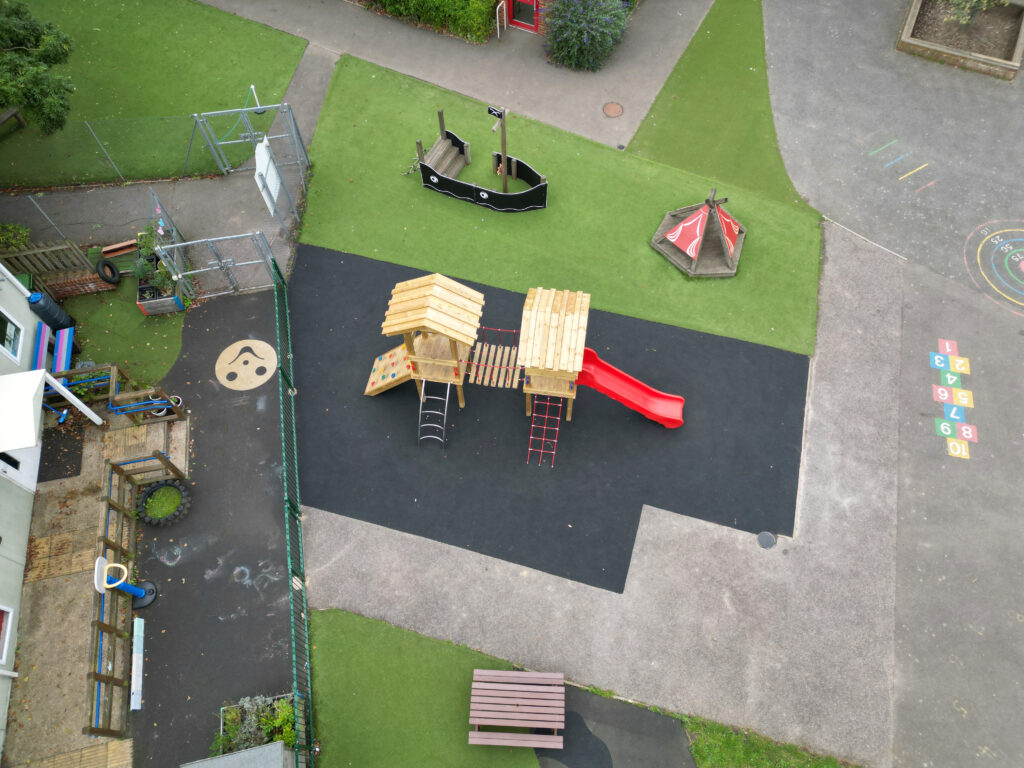

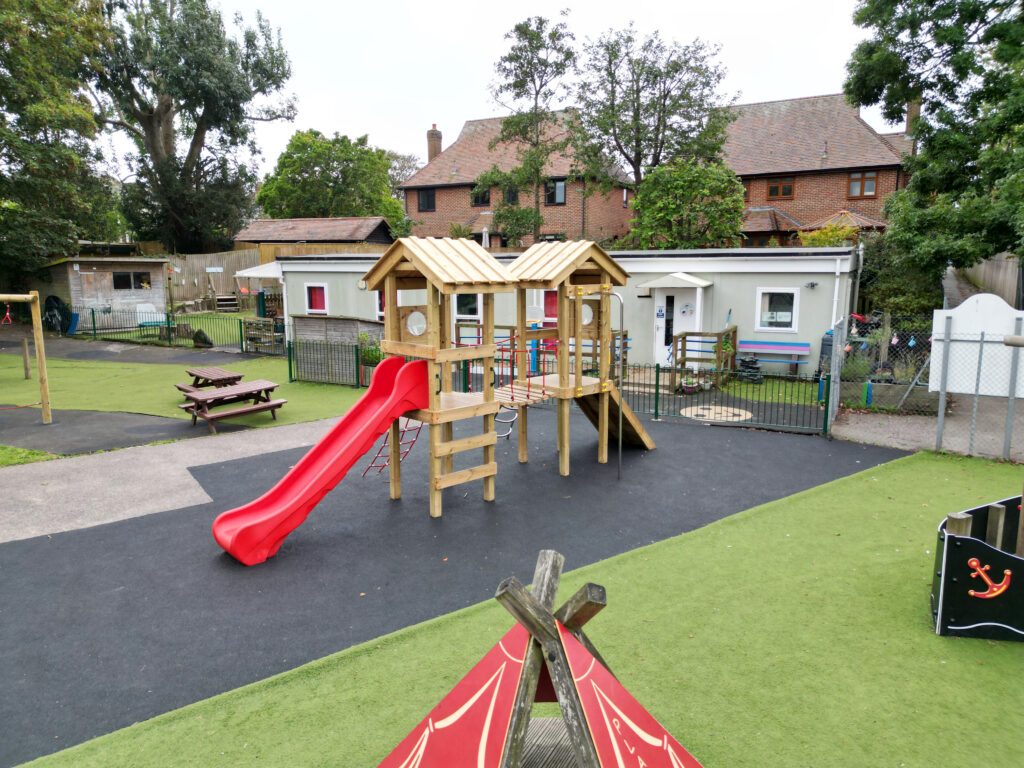
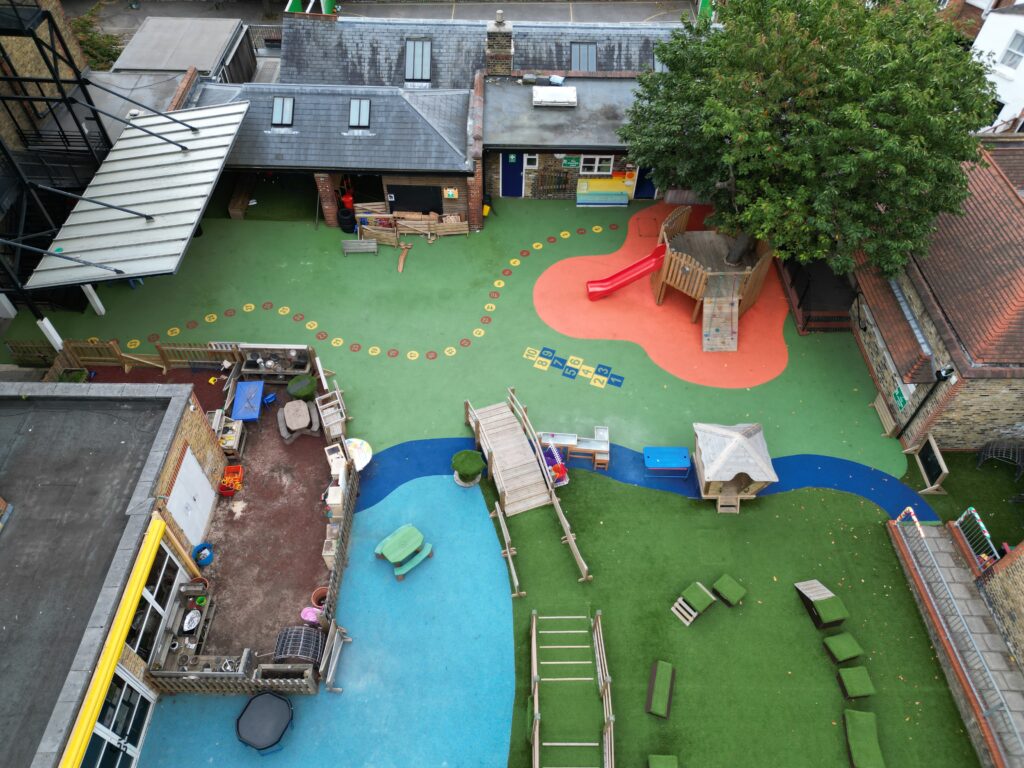






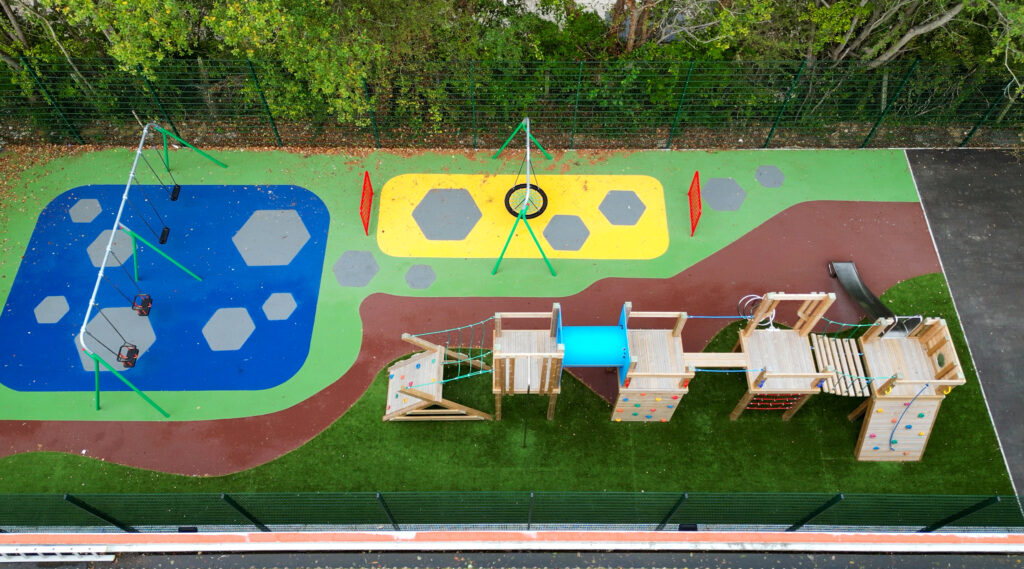










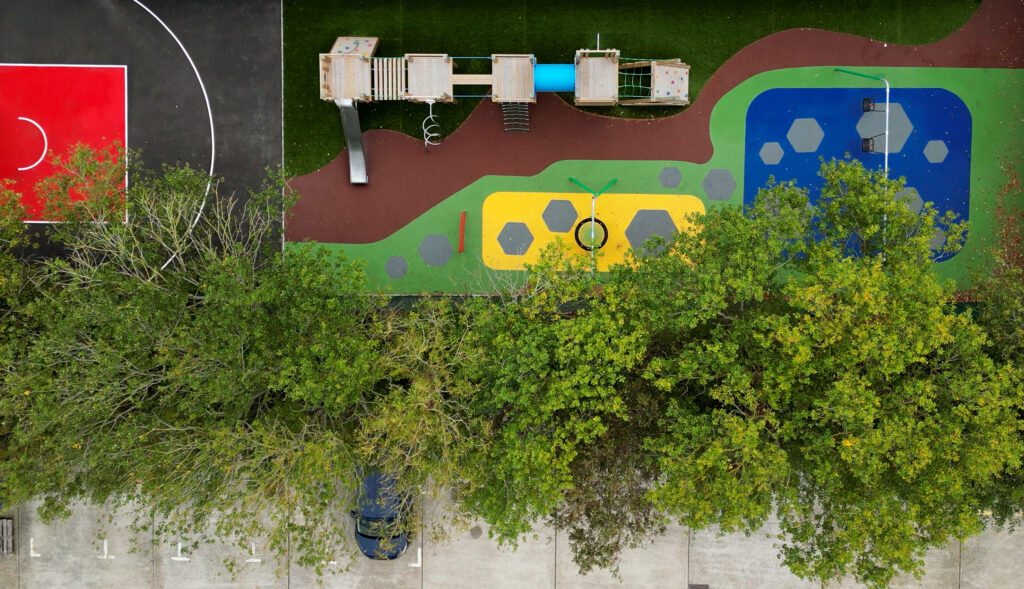









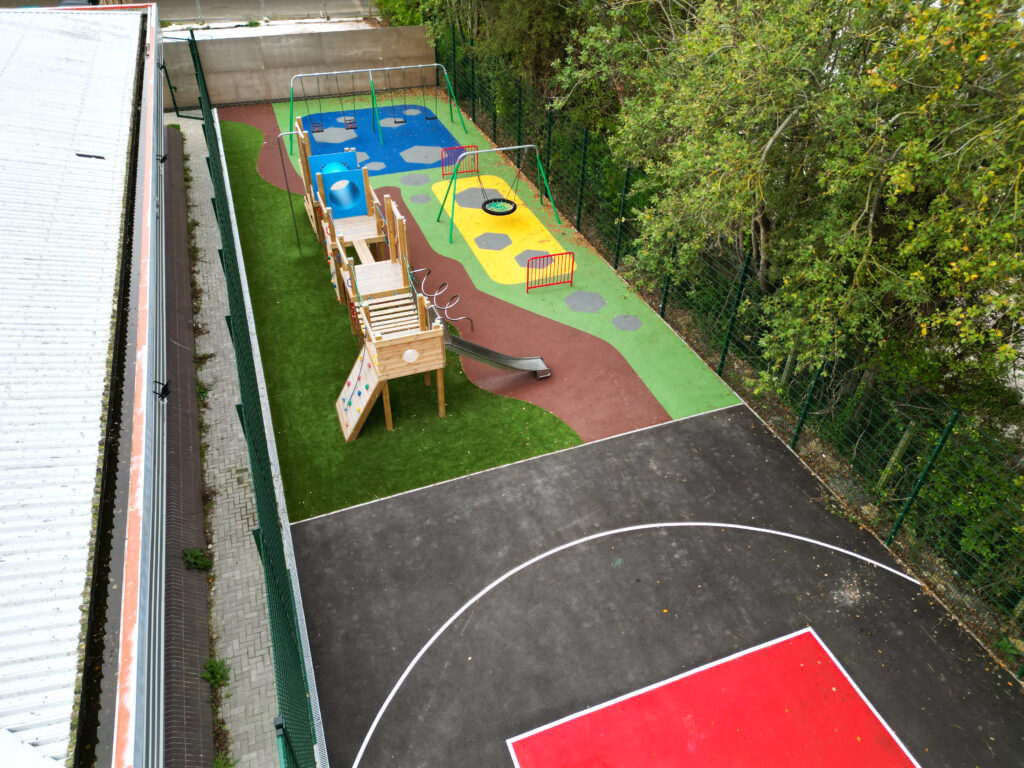



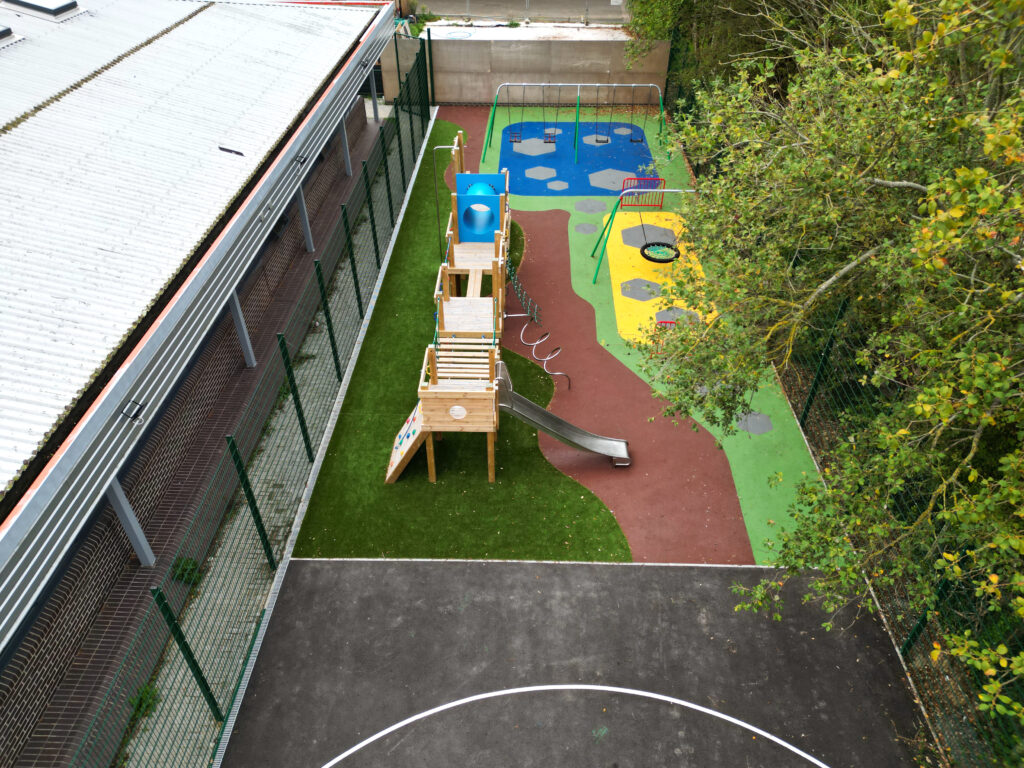







We Aim To Reply To All Enquiries With-in 24-Hours